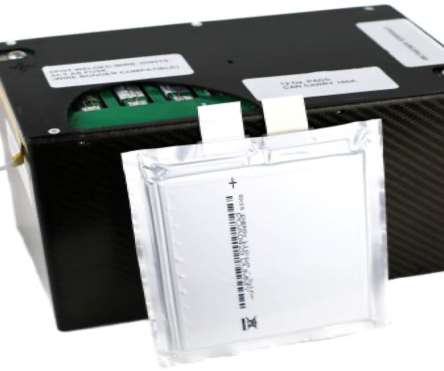OXIS Energy Li-S cells close to achieving 500Wh/kg; targeting 600Wh/kg with solid-state Li-S technology
Green Car Congress
JANUARY 22, 2020
OXIS Energy has successfully tested its Lithium-sulfur (Li-S) battery cell prototypes at 471Wh/kg and is confident of achieving 500Wh/kg in the next 12 months. OXIS has also successfully developed a standard Li-S battery module that saves production time and cost.















Let's personalize your content